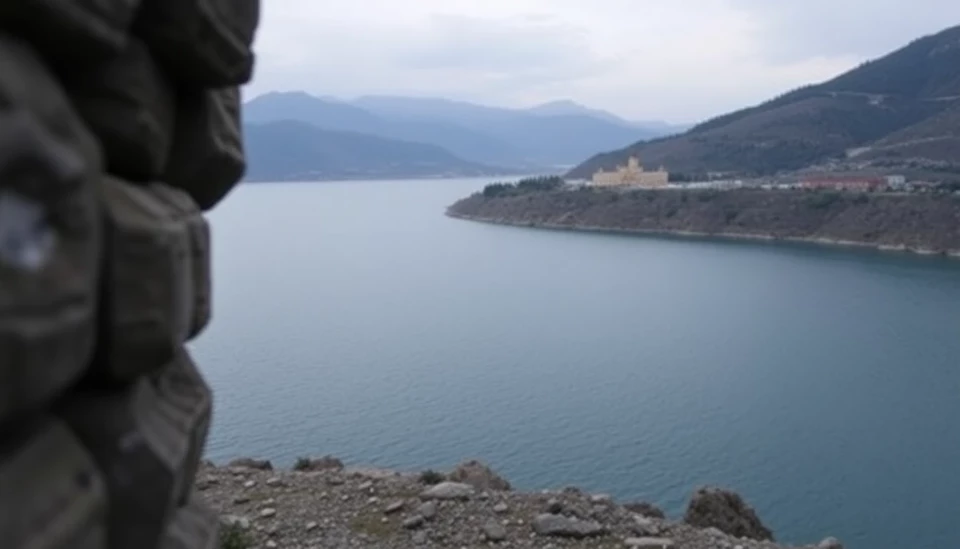
Azerbaijan's State Oil Company, SOCAR, is currently exploring the potential sale of its business operations concerning a significant gas pipeline network in Turkey. This initiative comes as part of a broader strategy by SOCAR to streamline its operations and focus on more profitable ventures within the energy sector.
The discussions surrounding the sale highlight the ongoing interest in Turkey as a crucial player in the energy landscape of the region. The Turkish gas grid is integral not only for supplying local markets but also as a strategic transit point for gas exports to Europe, particularly amid rising energy demands and geopolitical shifts in supply routes.
SOCAR's move aligns with a growing trend of partnerships and divestitures in the energy sector, where companies are increasingly looking to optimize their portfolios amid fluctuating market conditions and the push towards more sustainable energy solutions. The sale would enable SOCAR to allocate resources more efficiently while also enhancing its focus on emerging energy projects that align with global sustainability goals.
The gas grid in question is part of SOCAR’s broader involvement in Turkey, which includes significant investments in refining and petrochemical operations. These assets have positioned SOCAR as a key player in ensuring energy security for both Turkey and Europe, making the decision to sell a notable shift in its operational strategy.
Market analysts are closely watching these negotiations, as the outcome may have significant implications for the regional energy market dynamics. If successful, the sale could lead to new investments in the Turkish gas infrastructure and potentially improve efficiency in operations, benefitting both consumers and the broader energy landscape.
In addition to the operational implications, this deal could resonate with investors as it underscores SOCAR's adaptability in responding to evolving market demands. The company’s emphasis on more streamlined operations might enhance its attractiveness to potential investors looking for stable and sustainable energy investments.
As this situation develops, stakeholders from various sectors—including government officials, energy analysts, and market participants—will be keen to observe how SOCAR navigates this process and what it means for the future of energy transit in the region.
The outcome of SOCAR’s talks is yet to be determined, but this potential divestment marks a crucial moment for both the company and the Turkish gas market. How the negotiations unfold could set the stage for future collaborations and competition in an already dynamic energy arena.
#SOCAR #TurkishGas #EnergySector #Azerbaijan #GasInfrastructure #Divestment #EnergyMarket #Investment #Geopolitics
Author: Victoria Adams




